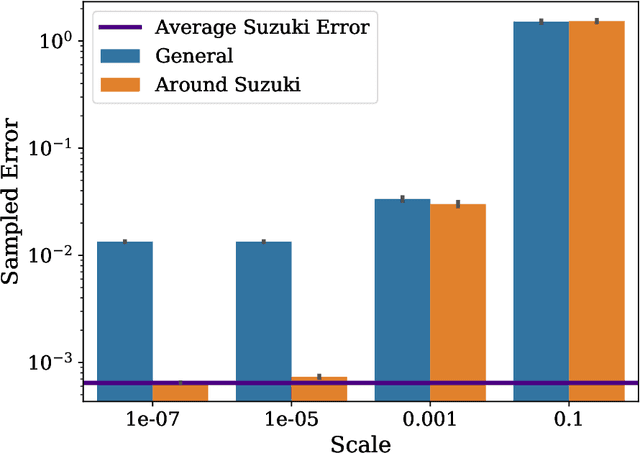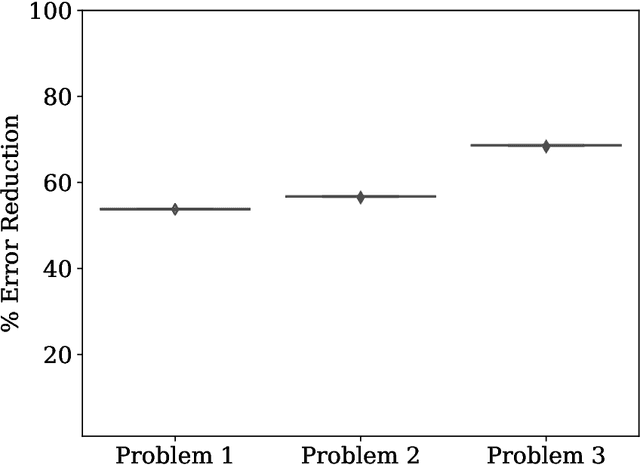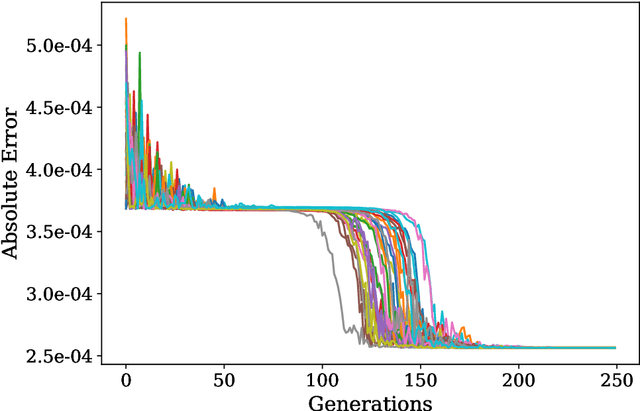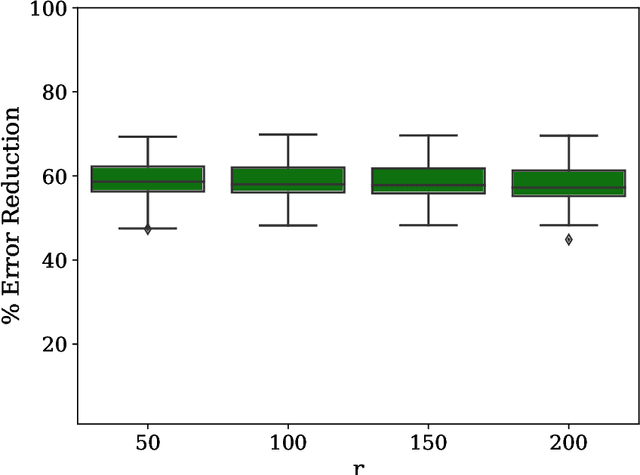John A. Clark
AIDPS:Adaptive Intrusion Detection and Prevention System for Underwater Acoustic Sensor Networks
Sep 14, 2023



Abstract:Underwater Acoustic Sensor Networks (UW-ASNs) are predominantly used for underwater environments and find applications in many areas. However, a lack of security considerations, the unstable and challenging nature of the underwater environment, and the resource-constrained nature of the sensor nodes used for UW-ASNs (which makes them incapable of adopting security primitives) make the UW-ASN prone to vulnerabilities. This paper proposes an Adaptive decentralised Intrusion Detection and Prevention System called AIDPS for UW-ASNs. The proposed AIDPS can improve the security of the UW-ASNs so that they can efficiently detect underwater-related attacks (e.g., blackhole, grayhole and flooding attacks). To determine the most effective configuration of the proposed construction, we conduct a number of experiments using several state-of-the-art machine learning algorithms (e.g., Adaptive Random Forest (ARF), light gradient-boosting machine, and K-nearest neighbours) and concept drift detection algorithms (e.g., ADWIN, kdqTree, and Page-Hinkley). Our experimental results show that incremental ARF using ADWIN provides optimal performance when implemented with One-class support vector machine (SVM) anomaly-based detectors. Furthermore, our extensive evaluation results also show that the proposed scheme outperforms state-of-the-art bench-marking methods while providing a wider range of desirable features such as scalability and complexity.
Optimising Trotter-Suzuki Decompositions for Quantum Simulation Using Evolutionary Strategies
Apr 23, 2019



Abstract:One of the most promising applications of near-term quantum computing is the simulation of quantum systems, a classically intractable task. Quantum simulation requires computationally expensive matrix exponentiation; Trotter-Suzuki decomposition of this exponentiation enables efficient simulation to a desired accuracy on a quantum computer. We apply the Covariance Matrix Adaptation Evolutionary Strategy (CMA-ES) algorithm to optimise the Trotter-Suzuki decompositions of a canonical quantum system, the Heisenberg Chain; we reduce simulation error by around 60%. We introduce this problem to the computational search community, show that an evolutionary optimisation approach is robust across runs and problem instances, and find that optimisation results generalise to the simulation of larger systems.
 Add to Chrome
Add to Chrome Add to Firefox
Add to Firefox Add to Edge
Add to Edge